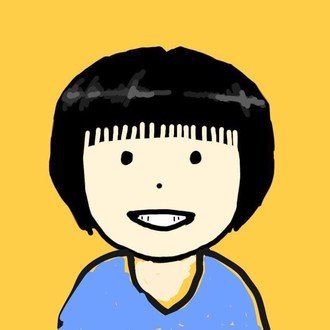
Photo by
tokyojack
マレーシアの高校生が「批判的思考」をどう学ぶのかを聞いてみた
長男が勉強し始めたインターナショナル・バカロレア(IB)。
噂通り、強烈なプログラムです。
特に最終過程のディプロマ(IBDP)はハードです。
本当に毎日山のような宿題が出て、「宿題やらない派」の長男も真面目に取り組んでいます。
特に噂の「TOK(Theory of knowledge=知の理論)」が面白いそう。
TOKは、IBDPの中核と言われ、「学ぶための思考方法を教える」科目です。Critical Thinking(批判的思考)を学びます。
ある日のTOKの宿題10問
まだ始めたばかりですが、例えば、ある日のTOKの宿題はこんな感じ。
1. To what extent can you know about yourself?
2. In what contexts is it possible for others to know you better than you know yourself?
3. Can you ‘catch’ or perceive yourself without any perceptions?
4. What are the various physical, emotional, and personal characteristics that, in your opinion, define you personally (in terms of personal identity)? Which of these characteristics are your choice and which of them are not?
5. To what extent are our self-image and feelings of self-esteem a reflection of the ways in which others view us, the ways we think others view us or the ways we see ourselves?
6. To what extent are you the same person you were when you were younger? When you were in grade 8 or 9? How have you changed and how have you remained the same?
7. What is personal knowledge? What personal knowledge do you possess? Give examples.
8. “Almost all of our knowledge is experiential”. To what extent do you agree or disagree? How much of our knowledge is experiential, and how much of it is innate? Give examples of both of these types of knowledge that you, arguably, possess.
9. Give examples of first-hand and second-hand knowledge you currently possess.
10. What is ignorance, and how does it relate to personal knowledge? How does it relate to the concept of certainty? Can we be certain of anything? What is the illusion of explanatory depth?.
日本語訳します。
1.あなたは自分自身について、どの程度「知る」ことができますか?
2.どのような状況なら、「他の人があなた自身よりもあなたをよく知る」ことができますか?
3.知覚することなく、自分自身を「とらえる」または知覚することができますか?
4.あなたの意見では(個人のアイデンティティの観点から)あなたを個人的に定義するさまざまな身体的、感情的、および個人的な特徴は何ですか?これらの特性のどれがあなたの選択であり、どれがそうではありませんか?
5.私たちの自己イメージと自尊心は、他者が私たちを見る方法、他者が私たちを見る方法、または私たちが自分自身を見る方法をどの程度反映していますか?
6.あなたは若い頃とどの程度同じ人ですか? 8年生か9年生の時ですか?どのように変化し、どのように同じままでしたか?
7.個人的な知識とは何ですか? あなたはどのような個人的な知識を持っていますか?例を上げてください。
8.「私たちの知識のほとんどすべては経験による」ーーどの程度同意しますか、または同意しませんか? 私たちの知識のどれだけが経験的であり、どれだけが生得的ですか?あなたがおそらく持っているこれらのタイプの知識の両方の例を挙げてください。
9.現在あなたが持つFirst-handおよびSecond-handの知識の例を挙げてください。
10.無知とは何ですか、そしてそれは個人の知識とどのように関係していますか?それは確実性の概念とどのように関連していますか? 私たちは何かを確信できますか?説明の深さの錯覚とは何ですか?
全部について文章を書きGoogle Docsで先生と共有します。
内容もですが、量もまた凄まじい。
この思考をもとに、授業では14-17歳の子どもたちがソクラテスやプラトン、デカルトなど過去の哲学者たちの思考をなぞりつつ、「知る」とは何かを議論します。
授業を楽しむ子どもたち
ここから先は
806字
この記事のみ
¥
300
期間限定!PayPayで支払うと抽選でお得
この記事が参加している募集
これまで数百件を超えるサポート、ありがとうございました。今は500円のマガジンの定期購読者が750人を超えました。お気持ちだけで嬉しいです。文章を読んで元気になっていただければ。

